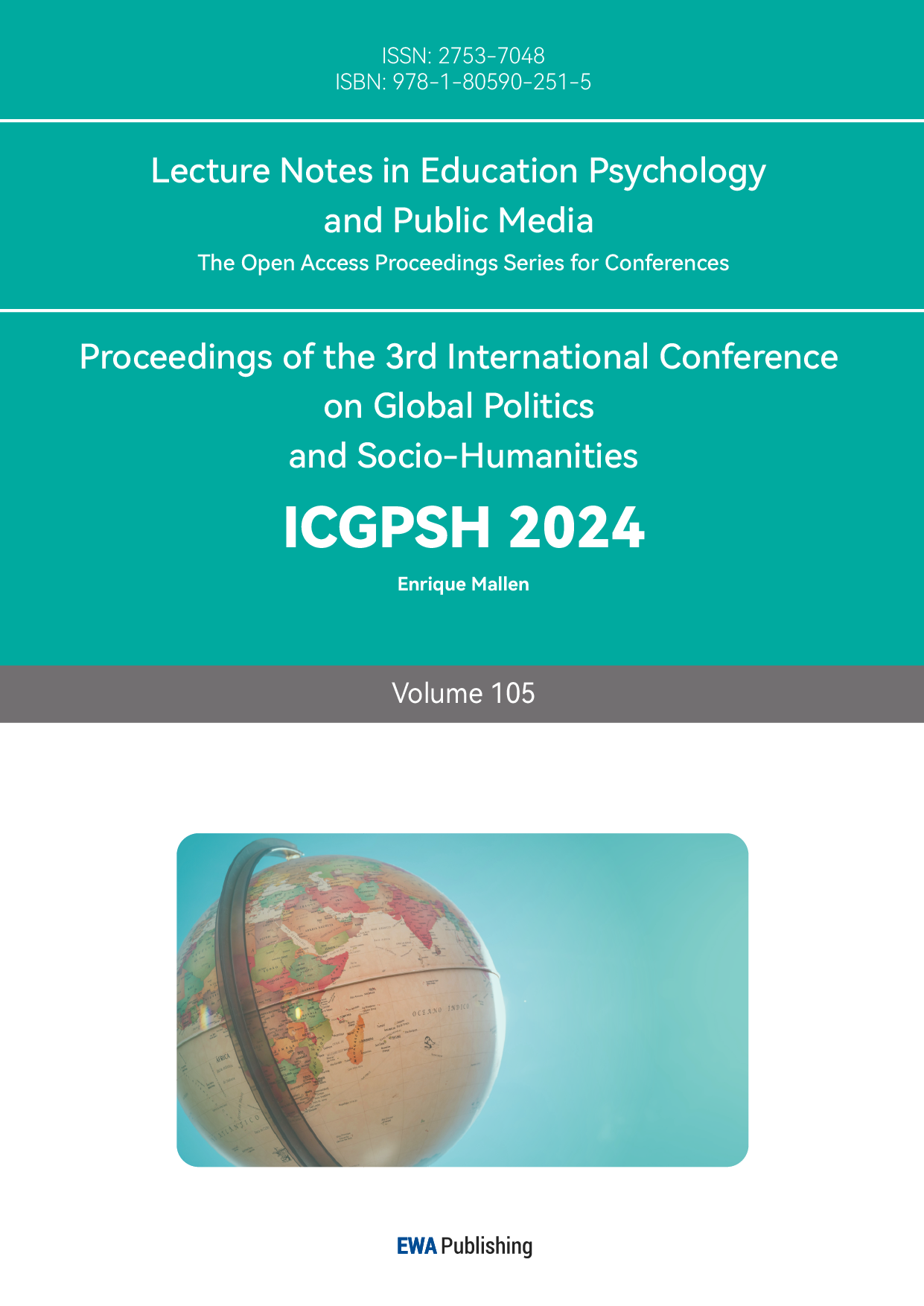References
[1]. Lu, Y. (2008). Does hukou still matter? The household registration system and its impact on social stratification and mobility in China. Social Sciences in China, 29(2), 56-75.
[2]. Lu, M., & Wan, G. (2014). Urbanization and urban systems in the People's Republic of China: Research findings and policy recommendations. China's Economy: A Collection of Surveys, 83-98.
[3]. Wu, Q. T. J. (2022). Changes and Reforms of the Household Registration System since the Founding of New China and Lessons Learned from Experience. Construction in old areas(03), 25-31.
[4]. Yao, X. (2004). On the Evolution and Reform of China's Household Registration System. Law science(05), 45-54.
[5]. Lei, B. Y. G. (2016). China bids farewell to dual urban-rural household registration system. People's Daily Overseas Edition (PRC newspaper), 1.
[6]. Wang, Y., & Schwartz, C. R. (2018). Hukou intermarriage and social exclusion in China. Research in social stratification and mobility, 56, 28-39.
[7]. Hung, J. (2022). Hukou system influencing the structural, institutional inequalities in China: The multifaceted disadvantages rural hukou holders face. Social Sciences, 11(5), 194.
[8]. Tian, F. F., Qian, Y., & Qian, Z. (2018). Hukou locality and intermarriages in two Chinese cities: Shanghai and Shenzhen. Research in social stratification and mobility, 56, 12-20.
[9]. Hu, Q. (2024). Social status and marriage markets: Evaluating a Hukou policy in China. Review of Economics of the Household, 22(2), 477-509.
[10]. Wang, P. (2021). Love in China (1950–now). In International handbook of love: Transcultural and transdisciplinary perspectives (pp. 955-973). Springer.
[11]. Zeng, L., & Liao, T. F. (2022). Social exchange in mate selection of female migrants in China. Marriage & Family Review, 58(3), 199-224.
[12]. Xia, Y. R., & Zhou, Z. G. (2003). The transition of courtship, mate selection, and marriage in China. Mate selection across cultures, 231, 246.
[13]. Zhang, J., Wang, R., & Lu, C. (2019). A quantitative analysis of Hukou reform in Chinese cities: 2000–2016. Growth and Change, 50(1), 201-221.



